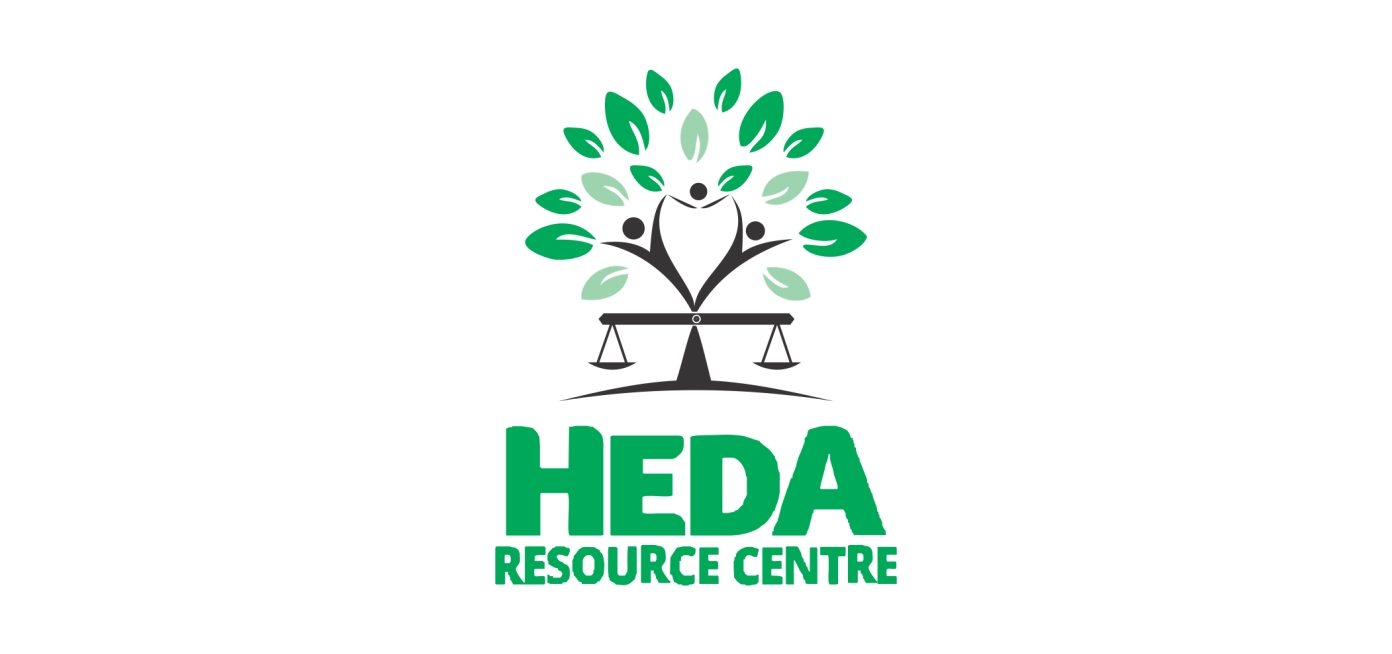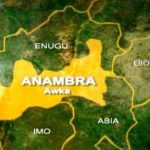The Human and Environmental Development Agenda (HEDA Resource Centre), an NGO, has asked the CBN and the EFCC to clampdown on illicit funds transactions ahead of the gubernatorial and House of Assembly elections.
This is contained in a statement signed hi by Mr Olanrewaju Suraj, Chairman, HEDA, and made available to newsmen on Sunday in Lagos.
Suraju spoke against the backdrop of the Supreme Court Verdict delivered on Friday March 3 which invalidated the Naira redesign policy of the CBN
Suraju said that the regulatory authorities needed to be vigilant to prevent politicians from leveraging the judgement to perfect vote buying in the March 11 elections
Suraju said that the circulation of old Naira notes as legal tender would create loopholes in the fight against corruption and insurgency in the country, a goal the policy was proposed to achieve.
According to him, Nigerians hoping to benefit from the new Naira re-designed policy and the attendant hardship that came in it’s implementation have endured untold hardships and we’re gradually getting used to the cashless policy regime.
He added that such hardships should not go in vain.
“With the Supreme Court judgment delivered that the old notes continue to be legal tender, the Central Bank and other financial institutions must swing into action and deploy some measures to track and counterfeit illicit money flow transactions by corrupt politicians and their allies.
“Improved scrutiny should be intensified by the Nigeria Financial Intelligence Unit and the EFCC to track bank officials, estate managers and Bureau de Changes for suspicious movement of toxic funds within and outside the financial institutions.
He said that vote-buying might be on the high side with the availability of old Naira notes against what was experienced during the Presidential elections.
He said that the EFCC should sustain its commendable efforts to curb vote-buying tactics by politicians to disrupt the integrity of the electoral process.





